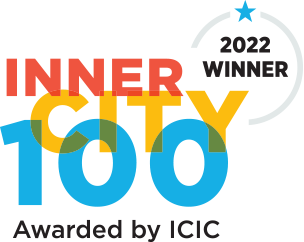For a long time the automobile has dominated our transportation system; because of this building codes have evolved to require new construction to include parking based on the size and use of the structure. This spreads out the built environment preventing walkability and demanding more infrastructure. Increasing traffic volumes cities are realizing that more pavement is not the answer and instead are trying to find new ways of encouraging citizens to utilize public transportation. According to CityLab.com a few U.S. cities such as Seattle have found an interesting approach to this problem. Major residential projects located within a certain proximity to public mass transit will be given the option to provide residents with a transit pass, bike share pass or something of equivalency and in exchange they will not have to provide individual parking spaces for their residents. This concept is still in its experimental stages and has the potential to decrease traffic, CO2 emissions, real-estate costs and the overall cost to ride public transportation, while increasing the opportunity for walkability, community interaction and more revenue for the city while improving the overall quality of life. Public outreach would aid the city’s efforts in educating the community of the needs and benefits of this idea. For more information click here


